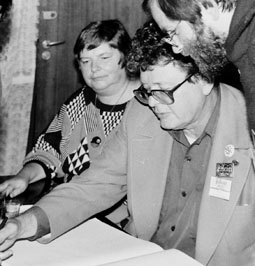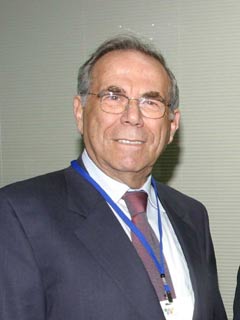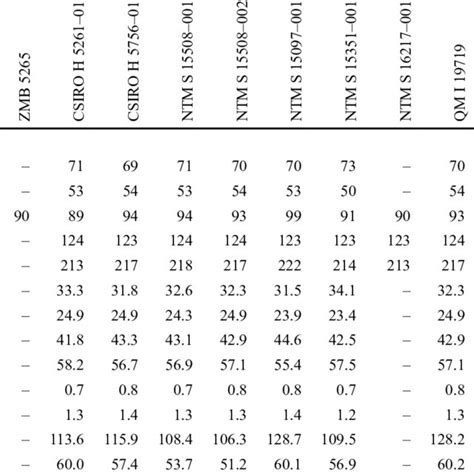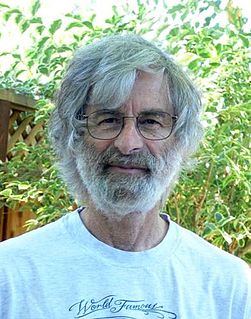A Quote by Poul Anderson
It is a truism that the structure of a society is basically determined by its technology. Not in an absolute sense-there may be totally different cultures using identical tools-but the tools settle the possibilities; you can't have interstellar trade without spaceships. A race limited to a single planet, possessing a high knowledge of mechanics but with its basic machines of industry and war requiring a large capital investment, will inevitably tend toward collectivism under one name or another. Free enterprise needs elbow room.
Quote Topics
Absolute
Another
Basic
Basically
Capital
Capital Investment
Collectivism
Cultures
Determined
Different
Different Cultures
Elbow
Enterprise
Free
Free Enterprise
High
Identical
Industry
Inevitably
Interstellar
Investment
Knowledge
Large
Limited
Machines
May
Mechanics
Name
Needs
Planet
Possessing
Possibilities
Race
Room
Sense
Settle
Single
Society
Spaceships
Structure
Technology
Tend
Tools
Totally
Toward
Trade
Truism
Using
War
Will
Without
Related Quotes
No art takes places without inspiration. Every artist also needs effective knowledge of his or her tools (e.g., does a certain brush function well with a particular kind of paint?). What's more, artists need effective techniques for using those tools. Likewise, to express ourselves skillfully with maximum efficiency and minimum effort, we need to investigate the most effective ways of using the mind and body since, in the end, they are the only "tools" we truly possess in life.
Industrial Society is not merely one containing 'industry,' large-scale productive units capable of supplying man's material needs in a way which can eliminate poverty: it is also a society in which knowledge plays a part wholly different from that which it played in earlier social forms, and which indeed possesses a quite different type of knowledge. Modern science is inconceivable outside an industrial society: but modern industrial society is equally inconceivable without modern science. Roughly, science is the mode of cognition of industrial society, and industry is the ecology of science.
There is a race between the increasing complexity of the systems we build and our ability to develop intellectual tools for understanding their complexity. If the race is won by our tools, then systems will eventually become easier to use and more reliable. If not, they will continue to become harder to use and less reliable for all but a relatively small set of common tasks. Given how hard thinking is, if those intellectual tools are to succeed, they will have to substitute calculation for thought.
We have the tools, the intellect, the will to create a caring global culture. It isn't going to come without a recognition of the power of the psychedelic experience. The psychedelic experience is the birth right of every human being on the planet. It is as much a basic part of each and every one of us as our sexuality, our national identity, our consciousness of self. And any society which attempts to hold back or impede this dimension of self-expression, when the history of that society is written, it will be called barbarous.
For physical goods, there are costs associated with logistics and lead times, owing to inventories and poor forecasts of the market. With digital capital-intensive technology, however, production will inevitably move toward the final market, wherever it is. This re-localization constitutes a major shift in the structure of global supply networks.






































